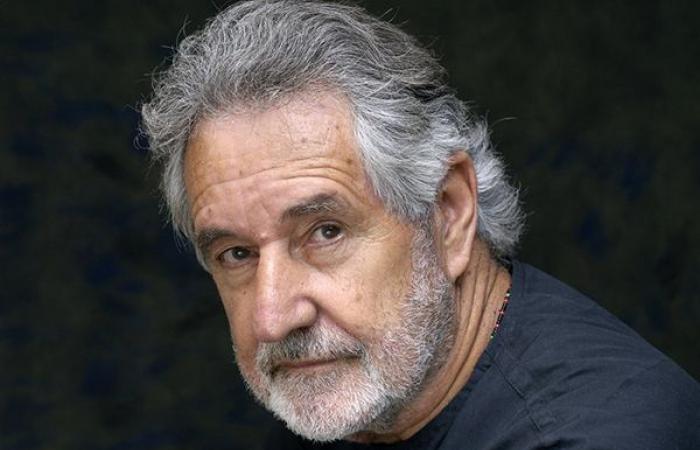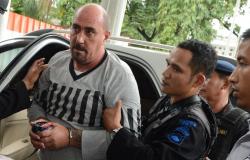The South African painter and poet Breyten Breytenbach died this Sunday, November 24 in Paris, at the age of 85, his daughter announced to Rfi.In a press release sent to Rfi this Sunday, Breyten Breytenbach’s daughter announces:
“My father, the South African painter and poet Breyten Breytenbach, died peacefully this Sunday, November 24 in Paris, at the age of 85. An immense artist, activist against apartheid, he fought until the end for a better world. Naturalized French in 1982 upon his release from prison, he lived in Paris, while regularly returning to South Africa. He was a Knight of the Legion of Honor and Commander of Arts and Letters. His words, his paintings, his imagination, his resilience will continue to guide us.” The great South African poet Breyten Breytenbach, who spent seven years in prison for his opposition to apartheid, has died at the age of 85. He was released thanks to the intervention of François Mitterrand in 1982, and joined his family in France
Born in 1939, in the Cape Province, Breyten Breytenbach is one of the great voices of South African literature along with Nadine Gordimer, André Brink and JM Coetzee. From his youth, he campaigned against the apartheid regime, and joined the clandestine resistance. In 1961, the young Breyten Breytenbach went into exile in Paris to escape the repression and institutionalized racism of apartheid in South Africa. His situation becomes more complicated when he marries a French woman of Vietnamese origin. In a country where interracial marriages are banned, returning to South Africa would have meant the immediate risk of arrest for him. Committed to the fight against apartheid, Breytenbach returned clandestinely to South Africa in 1975 to establish contacts with the armed wing of the Anc. In 1975, he was arrested and sentenced to a long prison term for terrorism until 1982, before being deported to Paris. Then authorized for supervised stays, he had to wait for the dismantling of the regime to be able to return to his country in complete freedom.
A first-rate artist
He has since divided his time between France, Spain, South Africa and the island of Gorée, Senegal. “His great political feat was to have brought together in 1987 in Gorée, with the support of Abdou Diouf, open minds in South Africa and members of the Anc in exile. And from there, he founded this institute in Gorée which still continues its activity today,” underlines Georges Lory who translated several poems by Breyten Breytenbach. Also a painter, Breyten Breytenbach was the author of an important body of work consisting of around twenty publications: novels, essays, short stories, poems and plays. Among his most emblematic titles: A Season in Paradise, The Heart-Dog, The Intimate Stranger and finally The Hand That Sings. From darkness to light, Breyten Breytenbach’s work will continue to aptly illuminate the complexity of human nature. For Georges Lory, “he was the greatest poet of his generation and, without a doubt, for South Africa, we will remember the anti-apartheid activist who served seven and a half years in prison, and also the poet which is now in every textbook. Poems written 50 years ago continue to move me in a very deep way. It was still him who wrote I will die, I will go to my father. So today he is on his way to his father and that makes me particularly sad. He had phenomenal metaphors. I was amazed each time to discover the associations he could make. I must say that from this point of view, he was an artist of the first rank.”






